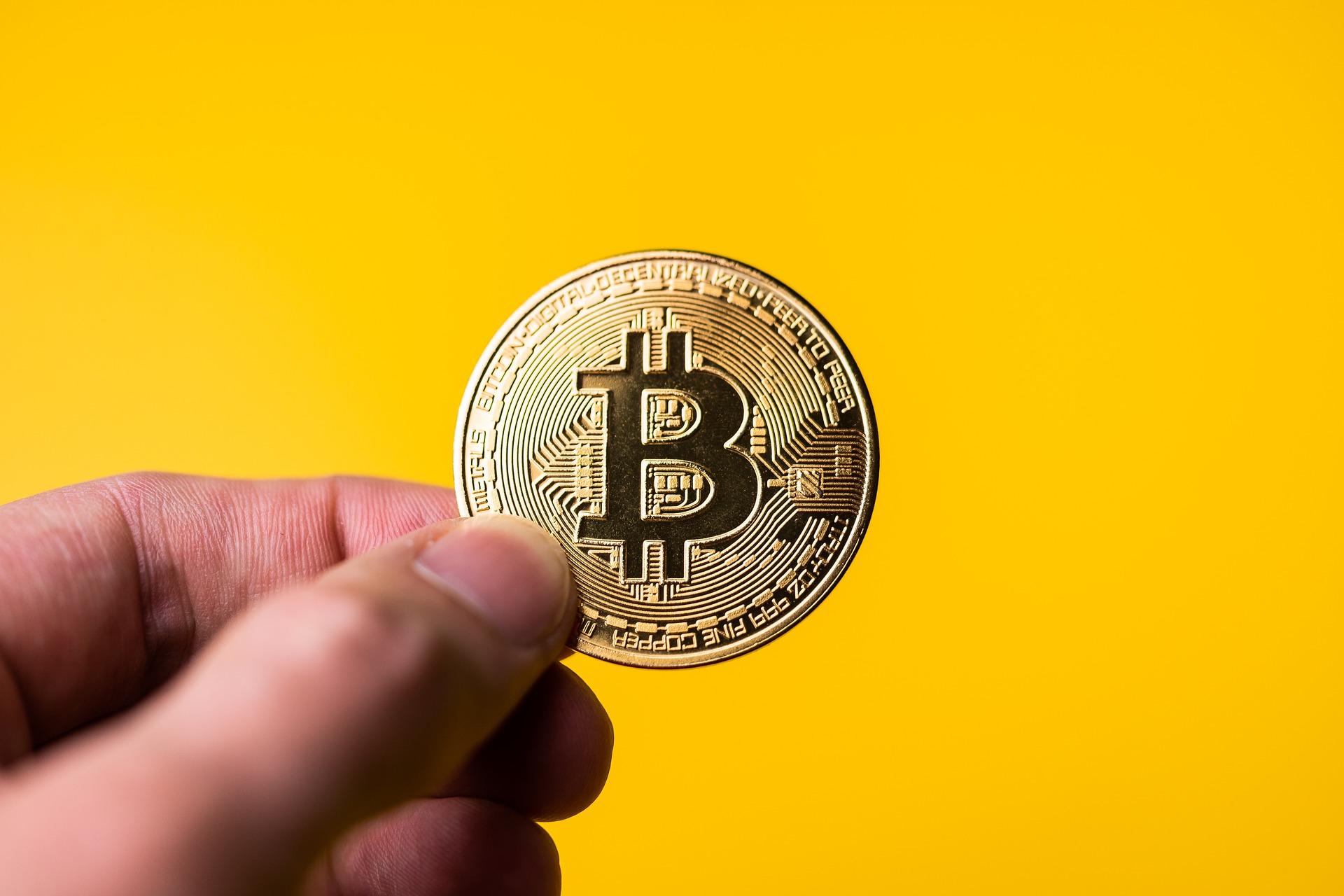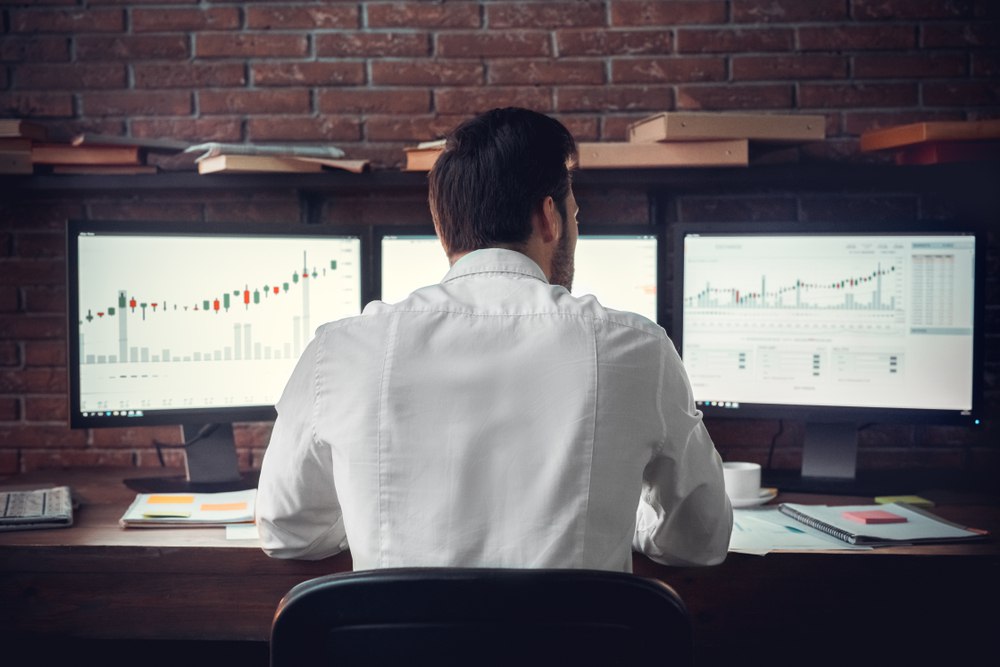Security is known as among the first and foremost promises made by blockchain-based technology as well as by cryptocurrencies. This counts to be one of the concerns that people contemplate while considering being a part of this burgeoning industry. On the other hand, traditional financial organizations have a drawback of centralization. The investors feel insecure while dealing with them as they thoroughly monitor their transactions and other operations. Hence, with the advent of cryptocurrency (which is free from any centralized control), people have the opportunity to do their financial activities without being watched.
Nonetheless, during some of the previous years, numerous reports have been witnessed that dealt with the traders and investors mentioning that they lost their precious savings in crypto, due to diverse reasons. These factors take into account inadequate management of private keys, phishing scams, and hacked exchanges along with several other methods that the malicious people can utilize to launch an attack on your savings as well as likely take them away from you. Such incidents are prevailing around the market and novice people become the target of the bodies involved in such bad deeds.
In the case of Bitcoin (BTC) and cryptocurrency in general a person does not require a bank anymore. Nonetheless, as opposed to conventional banking, a major minus point in the case of nearly all types of digital currencies is that once these assets are extracted from a wallet, there is not any method with which you can get them back, signifying that no insurance is provided to you.
All these elements point toward the supreme worth of taking every appropriate measure that can be taken to ensure that the crypto assets in your possession are safe and sound with no external hazard posed to them.
Remember: Your Wallet Should Be Secured to Protect Your Crypto
There is a requirement for you to be aware that blockchain does not pose any hazard to their crypto assets straightly however the intermediaries like an exchange or the wallets used by them are the things that cause their information – in which the private keys to the customers’ wallets are also included – to be tracked as well as kept at the provider level. That is the point from where the respective details can be accessed by the hackers and they can potentially rip off your asset savings in no time (sometimes even without your notice).
At the moment, a rise is taking place in the struggle between several digital wallets, in parallel with the increase in the digit of people who utilize cryptocurrencies. This scenario is making it difficult for the users to decide between the ever-increasing wallet-providing platforms. You should be extremely careful while making a decision about which wallet to opt for their usage. A general guideline that you must follow in this matter is that you should just use those crypto wallets that have prestigious firms as their developers with an excellent history of their work. In this respect, you are advised to approach our trusted guide regarding trustworthy crypto wallets.
Nevertheless, once you have gone through that, a lot of other aspects are also necessary to be taken care of by you if you want to safeguard your Bitcoin and the rest of your crypto assets. Let’s look at 10 tips that you need to have absolute knowledge of to keep in line with them.
Don’t Rely Too Much on One Wallet: Utilize Cold Storage as well
This is referred to be a remarkable practice in the terms of not only the investment but also when security is concerned. It should never happen that you put the entirety of your crypto-based assets in one wallet, no matter if you move toward cold or hot storage for this purpose. The negative consequences of this come to the front at some unfortunate events when the only wallet – by any means – gets attacked or damaged because of some other reasons, leaving no room behind for the user to pursue some other way.
The most suitable move to tackle this issue is that you should utilize more than one crypto wallet simultaneously and divide your savings to be put in all of them so that you will not be affected much by the loss of one.
Another strong recommendation is the utilization of cold storage devices which are also known as offline wallets. Such wallets do not have any connection with the internet and, in this way, cannot be compromised until and unless the owner becomes prey to some phishing scam, which is additionally described under. Ledger and Trezor have a prominent place among the brands for cold wallets.
Be Cautious with Your Computer and Mobile Device
At present several crypto wallets offer a mobile app to their customers for their convenience, and there are a lot of chances for these applications to be manipulated on the behalf of the hackers. In terms of doing the management of mobile based-wallets in your possession, you should be focused on three things that have considerable prominence.
First among them is that you should never utilize an open Wi-Fi connection for activities related to your crypto wallets. In the second place, disable auto-updates for the operating system of your device as well as the applications. Install updates manually – nevertheless – if you find some security infringement, wait for some time in advance of updating. In addition to that, always utilize a 2-Factor Authenticator (2FA) if it can be implemented. This denotes a timely-modifying code and Google Authenticator is considered to be the app that is most widely used in this dimension. In this process, the second security layer will demand a code to log in every time while opening your account or wallet. It certifies that it will be improbable to log in to your account until you have physical access to your device (before someone hacks it).
Along with this, protect your device with a password, to make sure that your applications – particularly the app with 2FA – remain out of the others’ (e.g. stealer) access. Do not ever permit Google Chrome and/or the rest of the password-saving instruments to auto-save the passwords related to crypto wallets. Systematically check if the antivirus tool (that protects your phone and PC) is up-to-date for definite protection.
An extra endeavor that you can do, if you trade crypto professionally, is buying a mobile device that will only be used by you for crypto-related things. In that very device, you will not keep any other applications as there are chances that one of them can be utilized by some hacker to get to the precious information of your crypto wallets to exploit them.
Service Security
While moving ahead to add some more measures to the previously mentioned ones, it is of great importance to shift your crypto from a device that requires some servicing. The things included in this are hardware updates, software updates, and other related issues. You are also recommended not to leave your device out of sight and not ever hand it over to any person. Even if you think that you are giving your device to someone you trust, something might accidentally be done by them due to which the security would get compromised, notwithstanding whether it was intended or not.
As far as the software updates are concerned, offline crypto wallets will always demand you to be keen about their timely security fixes as well as upgrades. With the latest security upgrades’ incorporation into your wallet, you can be on the safer side from many of the security glitches about the severity of which you know nothing. As noticed in most of the cases, the newly introduced updates for the software wallets also contain unique features that could enhance your crypto’s protection. To take this to a further level, all of your gadgets used for storing crypto should have exclusive security features installed in them.
Backup Your Crypto Wallets
One more of the vitally important instructions is that you should permanently store the private keys to your wallets at some offline place. That can help hinder the hackers from getting into your wallets. So should be the case with the backups of those private keys, making sure that they are also kept offline.
Besides this, a recommendation deals with a backup to be stored somewhere external to your home additionally. The benefit of this step is that the respective backup can be accessed in the situation of a natural disaster or another inadvertent incident like an earthquake, fire, or other such occasions by which your home’s integrity might get jeopardized.
Even though this might sound astonishing, one of the recommended places for storing your wallet’s private keys other than your home could be your bank’s safe. For sure, this should work as just a backup, you can keep the private keys at any place that you think is convenient for you and where no one else has an access to them.
Utilize No-Log VPN
You should consider using Virtual Private Network (VPN) to conceal your crypto wallets’ footprints while performing any transfer of funds. When you use a VPN, the IP address of your device is changed and it becomes hard for an exploiter to reach to track down the real address of your wallet. Many high-status platforms are developing no-log VPN applications. To do this, search for the no-log VPN service providers online.
Be Careful of Phishing Scams
During the recent two years, a noteworthy upsurge has been seen in phishing scams with the involvement of numerous new people within the sphere of cryptocurrency. Such rising figures have a very negative impact on the overall reputation of the crypto industry and it is being extremely damaged in this way.
There are several methods through which your device’s security can get compromised by someone. These take into account fake ads on YouTube, Facebook, or Google, false apps (that are wrongly uploaded to the Google Play Store as well as the App Store, phishing domains (that operate by imitating the famous as well as the prevailing websites, and the other ways
If you provide your private key to a website of some phishing scam, the possible outcome may be that the crypto assets in your wallet will surely be taken away by that platform in no time. That’s not all, the most dangerous part is that such scams are efficiently structured to present the exact copy of the original venues with hardly leaving any spot to trace them, and sometimes the professional and experienced people also get entangled in them.
That is why people are always advised not to ever move toward a website that does not come under the list of your trusted ones and might be risky for the protection of your device and crypto wallet. To be sure, you need to examine the apps that have been downloaded by you, up to 2-3 times, that there is no fraud in them and that they represent the 100% original venues.
It was reported earlier that a similar misfortune fell upon a consumer who did the mistake of downloading such a look-alike application of the well-known crypto wallet called Exodus. The very unlucky event did not end well as the customer witnessed the drainage of assets from the crypto wallet thereof. An amount of up to $80,000 in NEO and Ethereum (ETH) tokens was lost subsequently.
Double-Check the Recipient’s Address
A challenging factor that bothers crypto consumers is related to selecting the wrong address and thus there is a chance for the funds to potentially be lost forever with no way to have them recovered. This is one of the reasons why you need to check the address thrice before you decide to send any transaction amount. Some malicious programs also exist in the market with which a simple process of copying and paste can be done to fool you and eventually you paste a wrong address that does not belong to your recipient but rather a bad person. A usual method to confirm that your transaction is safe is to initially send a little payment and then the whole payment subsequently.
Validate the URL Locks
While utilizing a web-based wallet, it should be your priority to confirm that an SSL security spot is present in your browser’s address window. This is the indication that the website you are visiting is a secure and encrypted one. To further dig into the detail of this security, you can check by modifying the starting letters of the address. If you put HTTPS instead of HTTP at the start of an address, this will present a lock symbol with the URL.
Do Not Store Majority of Crypto Assets on Exchanges
Though it is true that many of the crypto exchanges that are front-running the market are thought to be safe along with the provision of insurance, it is not a sensible decision to allocate a great among of crypto in your possession to be on the mercy of such exchanges. It simply means that if your keys are not solely limited to you and some 3rd party like the exchange gets involved with it then there are chances of your Bitcoin getting stolen.
One thing is clear at this point saying that you should only keep as many funds on crypto exchanges as you intend to trade with as – a situation may arise where someone hacks those assets – you would not feel much remorse for that. It has in advance been witnessed that various highly reputed exchanges (among which KuCoin is the most recent) fell prey to exploiters. Apart from the incidents related to hacking, another thing that might be responsible for your crypto being jeopardized is if the venue you are utilizing is held accountable by law enforcement agencies.
Ascertain the Privacy of Your Holdings
A frequently cited saying in the world of cryptocurrency deals with the traditional $5 wrench attack. This simply states that you could be threatened to be put to death by someone who just holds a wrench (that is available for only $5 at the majority of the stores) for not providing him the private keys to your wallet. To put it in simple terms, it is of no use if your implement more and more latest technologies like wallets with multi-signature facilities and so on if an attacker is hell-bent on depriving you of your holdings as there is no worth of any such technologies or even life in his eyes.
Conclusion
If you want to avoid this from happening it is critically compulsory for you that you should not blow your own horn and brag about your holdings in cryptocurrency in front of other people. No one requires knowing about the exact amounts of the respective assets in your possession. Hence, you should not disclose such figures and keep them a secret as that is the single way to prevent yourself from an attack.
The post Guide 2022: Top Tips to Follow To Secure Your Cryptocurrency Wallets appeared first on CryptocyNews.com.
from CryptocyNews.com https://www.cryptocynews.com/guide-2022-top-tips-follow-secure-cryptocurrency-wallets/
via
Bitcoin News
via
Bitcoin News Today










